 Vengeful Vampire at Wonky Inn: Wonky Inn Book 8
Vengeful Vampire at Wonky Inn: Wonky Inn Book 8 The Wonkiest Witch
The Wonkiest Witch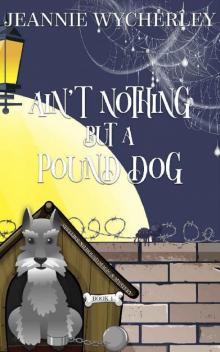 Ain't Nothing but a Pound Dog
Ain't Nothing but a Pound Dog The Mysterious Mr Wylie: Wonky Inn Book 6
The Mysterious Mr Wylie: Wonky Inn Book 6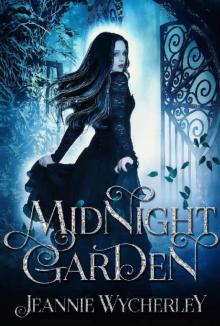 Midnight Garden
Midnight Garden Witching in a Winter Wonkyland: A Wonky Inn Christmas Cozy Mystery
Witching in a Winter Wonkyland: A Wonky Inn Christmas Cozy Mystery The Great Witchy Cake-Off
The Great Witchy Cake-Off The Great Witchy Cake Off: Wonky Inn Book 7
The Great Witchy Cake Off: Wonky Inn Book 7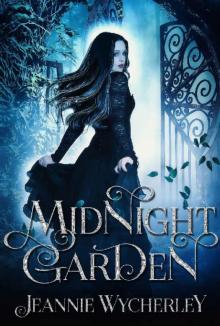 Midnight Garden (The Extra Ordinary World Novella Series Book 1)
Midnight Garden (The Extra Ordinary World Novella Series Book 1)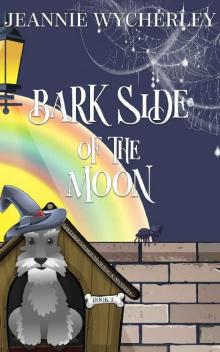 Bark Side of the Moon: A Paranormal Animal Cozy Mystery (Spellbound Hound Magic and Mystery Book 3)
Bark Side of the Moon: A Paranormal Animal Cozy Mystery (Spellbound Hound Magic and Mystery Book 3) A Gaggle of Ghastly Grandmamas: Wonky Inn Book 9
A Gaggle of Ghastly Grandmamas: Wonky Inn Book 9 The Ghosts of Wonky Inn: Wonky Inn Book 2
The Ghosts of Wonky Inn: Wonky Inn Book 2 Keepers of the Flame: A love story
Keepers of the Flame: A love story Black Bess
Black Bess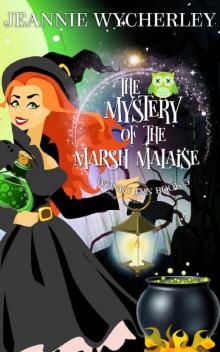 The Mystery of the Marsh Malaise: Wonky Inn Book 5
The Mystery of the Marsh Malaise: Wonky Inn Book 5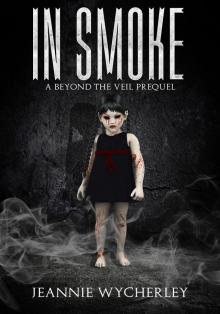 In Smoke eBook ready
In Smoke eBook ready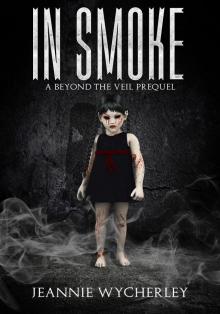 In Smoke
In Smoke